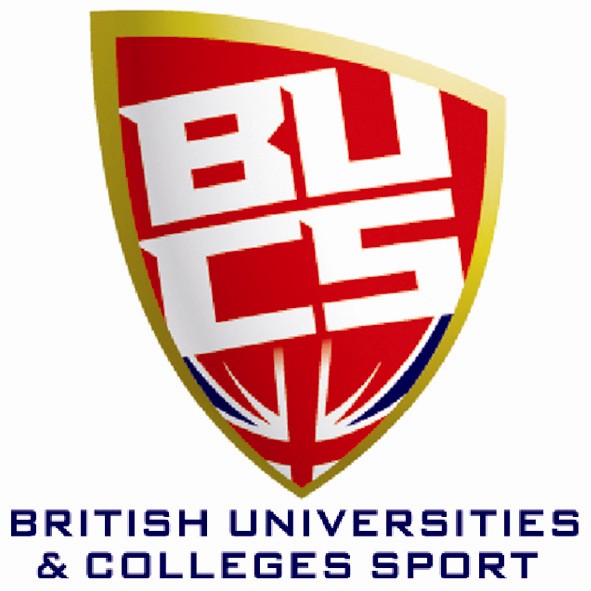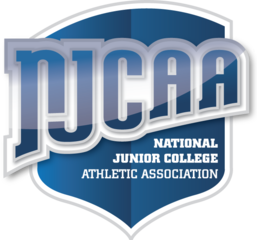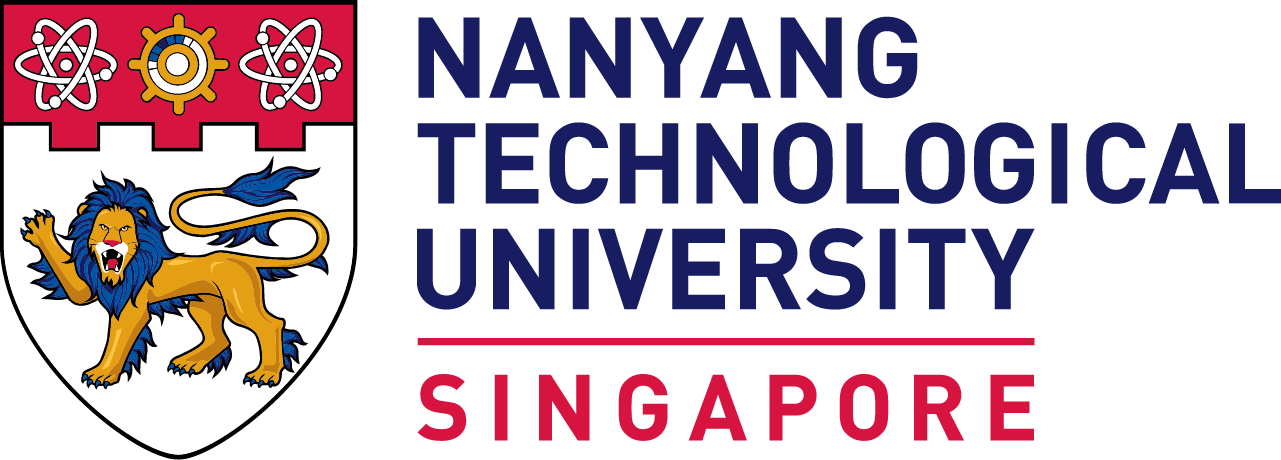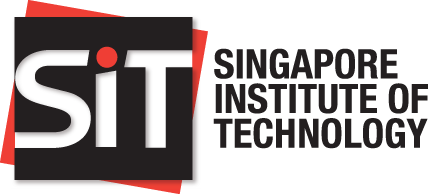Pre-University Students
1. Local University
Although University admission does not have a fixed DSA program, students are still encouraged to highlight their sporting achievements/involvement in their application.
a. Competition: Students involved in a CCA can compete in the IVP Games and SUniG (Click on the links to see the participating schools).
b. There are also a variety of sports courses that students can choose based on their current involvement in sports:
|
University |
|
|
|
|
||
|
|
||
|
2. Overseas University:
The majority of Singaporeans choose to study in countries like Australia, the United Kingdom, and the United States of America. When choosing a university, it is important to ensure that the course of choice meets Singapore’s accreditation guidelines (Note: Not all degrees/courses require accreditation). These are the select courses that have to be recognized by their respective bodies:
Accountancy | ACCA |
Architecture | Singapore Board of Architects |
Business | AACSB, EMBA, EQUIS |
Dentistry | Singapore Dental Council |
Dietetics | Singapore Nutrition and Dietetics Association |
Engineering (PE) | Professional Engineers Board |
Engineering (Non-PE) | Institution of Engineering and Technology |
Law | Singapore Ministry of Law |
Medicine | Singapore Medical Council |
Occupational Therapy | Allied Health Professions Council |
Optometry | Optometrist and Optician Board |
Pharmacy | Singapore Pharmacy Council |
Psychology | Singapore Psychological Society |
Physiotherapy | Allied Health Professions Council |
Social Work | Social Work Accreditation and Advisory Board |
Speech Therapy | Allied Health Professions Council |
Veterinary Science | Agri-Food and Veterinary Authority of Singapore |
Source: TheRightU, Singapore
If a certain degree does not require accreditation, it is still beneficial to ensure that the degree is recognized from a bonafide educational establishment. To know if an institution/course is recognized, students can check with the relevant professional institutions or seek advice from the Public Service Commission. Ensuring that the degree is accredited/recognised will potentially help increase chances of employment.
Some universities may require students to go through a foundation programme. Foundation programmes are preparation course that prepares students before being admitted to a Bachelor’s degree at an international university.
Apart from accreditation, students should also consider the tuition and living cost, campus environment, location, and support that the university provides.
• Australia
Australia does not have a centralised application portal for universities; students need to apply to schools individually. Common courses in Australia would be in Health Science since they are generally world renowned and well recognized.
o UniSport: UniSport is the peak governing body of university sport in Australia and currently has 43 members, which represents more than one million students. They cover 40 sports and organise international sporting tours and Australia’s participation in the World University Games. Students can also choose to apply to the university’s sporting team and check with the universities whether they offer athletic scholarships. Click here for eligibility requirements.
• Canada
Canada has 2 main governing sporting bodies – one for colleges and one for universities:
o Canadian Collegiate Athletic Association (CCAA): CCAA offers 7 sports at 10 NCAA national championships. There are 94 member institutions governed by 5 member conferences. Click here for eligibility requirements (Article 5 of Operations Code). Students can also choose to apply to the university’s sporting team and check with the universities whether they offer athletic scholarships.

o U Sports: U Sports represent 56 universities and offer 12 sports. Click here for eligibility requirements. Students can also choose to apply to the university’s sporting team and check with the universities whether they offer athletic scholarships.
• United Kingdom
UK uses the UCAS system when applying to universities. UCAS is an independent charity that provides information, advice, and admission services. It is important to understand how the UCAS system works and their deadlines. Visit here for tips regarding the UCAS system.

o British Universities & College Sport (BUCS) is the national governing body for Higher Education sport in the UK and organises more than 50 sports for almost 170 member institutions. Students can also choose to apply to the university’s sporting team and check with the universities whether they offer athletic scholarships. Click here to find out the list of participating sports. Click here to find out eligibility requirements.
o Click here for a list of recognised bodies in the UK. The list is not guaranteed to always be up to date. If a university or college is not listed, contact the Department for Education to check that they are officially recognised.
o British Council – The British Council organises open events, inviting UK Universities to Singapore. Click here to find out more on university education at the UK.
• United States
As an athlete, there are many opportunities to obtain an education while playing at a competitive level in the U.S. There are 3 collegiate sport governing bodies:

a. NCAA: The National Collegiate Athletic Association has a total of 1,117 participating universities and colleges in three divisions. The NCAA provides the highest level of competition and has the most scholarship opportunities (Division III does not provide athletic scholarships). Click here to find out the list of participating sports.
b. NAIA: The National Association of Intercollegiate Athletics is a governing body for small athletics programs that are dedicated to character-driven intercollegiate athletes. There are a total of 250 participating universities and colleges. Scholarships are controlled by the varying schools. Click here to find out the list of participating sports.

c. NJCAA: The National Junior College Athletic Association fosters two-year college athletics that supports equitable opportunities consistent with the educational objectives of member colleges. Since it is a two-year college, students will transfer to a four-year school after graduating with their Associate Degrees. There are a total of 300 participating Junior Colleges. Scholarships are available but vary from school to school. Click here to find out the list of participating sports.



